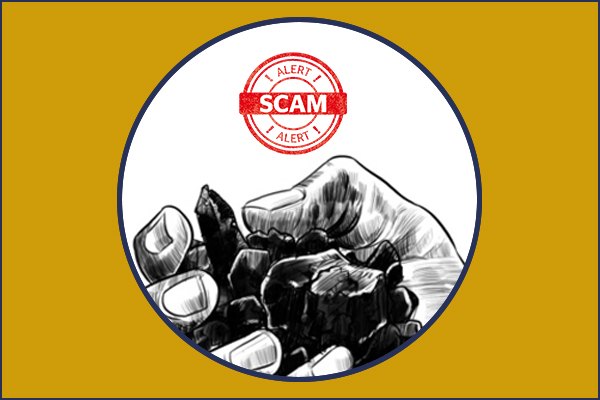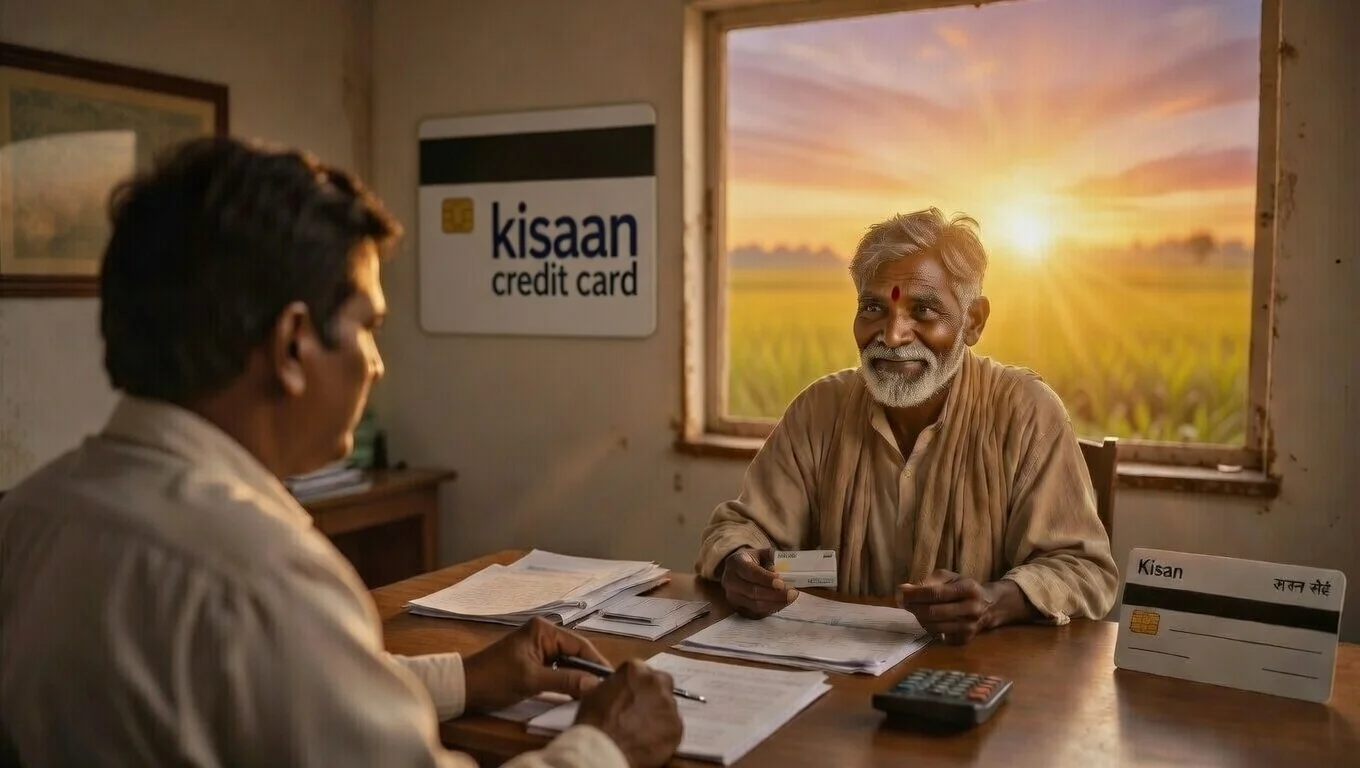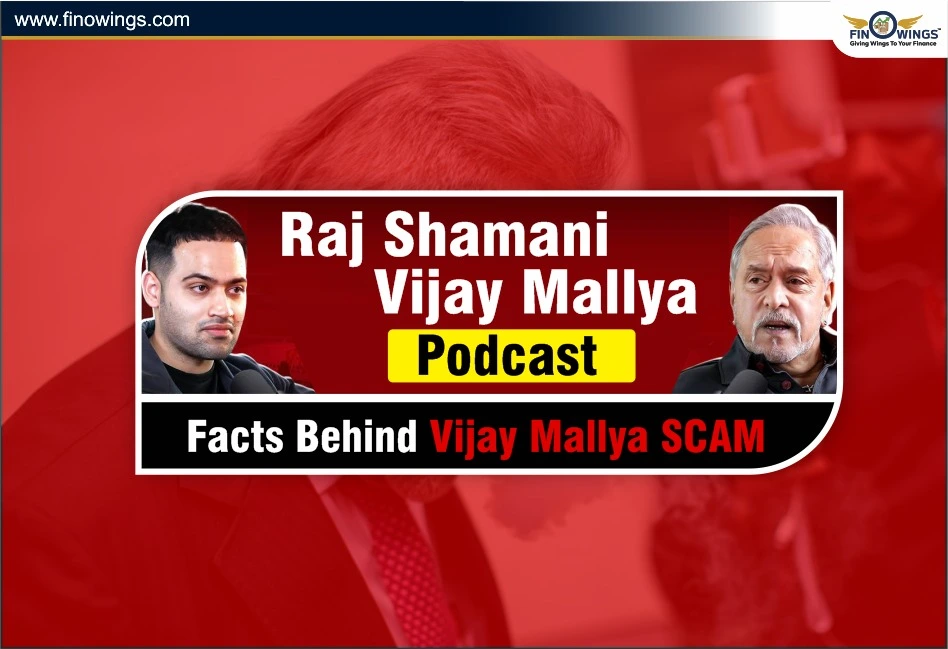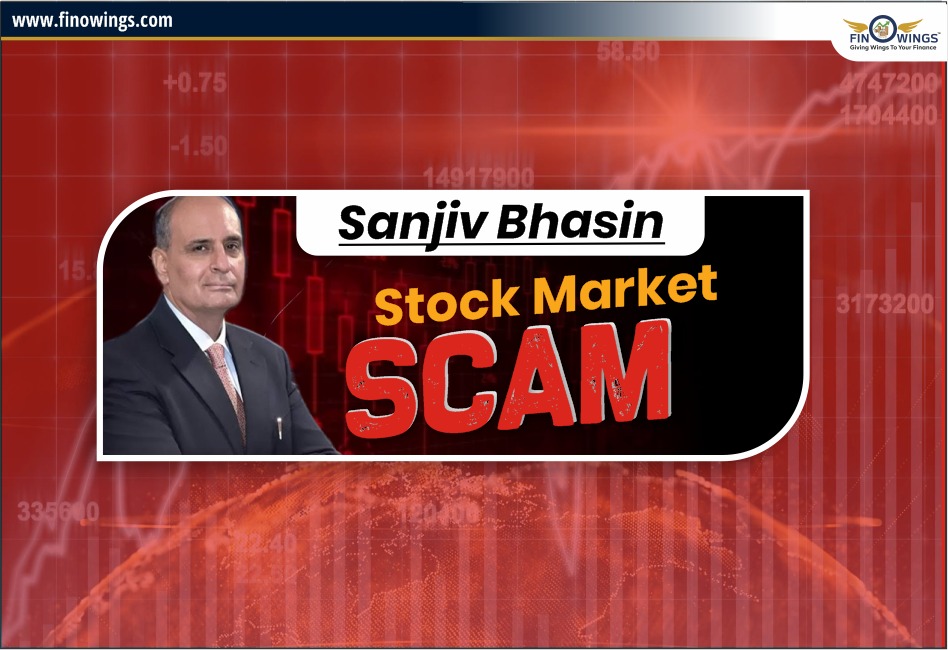Coalgate Scam

Table of Contents
Several national-level public official scams have been recorded in India. In the Coalgate scam India, the UPA government was suspected of assigning coal blocks without using a competitive bidding method. These coal blocks are often distributed to businesses through an auction, with the block being sold to the highest bidder. Selling these blocks brings in money for the government, which is then used for running the country. The Comptroller and Auditor General of India, India's audit watchdog, investigated the subject of deficiencies in the allocation of coal blocks from 2004 onwards. This led to the discovery of the Coalgate scam, or what is often known as the Coalgate scam. The loss to the exchequer was estimated to be more than Rs. 10 lakh crore, so it sparked a political uproar. It was reduced to Rs. 1.86 lakh crore in the final report.
To know more in-depth about the Coalgate scam case, let's explore it in further detail.
An overview of the Coalgate Scam
- A controversy that occurred under the UPA administration is known as the Coal Allocation Scam or Coalgate Scam. It became relevant in 2012 as a result of changes made by the then-Comptroller and Auditor General (CAG) against the government regarding the distribution of coal blocks to both public and private businesses. One hundred ninety-four coal blocks were sold to these public and commercial businesses for captive usage out of the total 216 coal blocks allotted between 1993 and 2010.
- The CAG audit addressed concerns about the arbitrary administrative decisions made when awarding coal blocks without adhering to the required competitive bidding process. The foundation of democracy shakes when the public is kept hidden behind a curtain because it depends on the transparency of lawmakers. The people should be informed of every government activity and have the right to object if it is unjustified. It was necessary to use an unbiased auction process each time the coal blocks were up for sale to distribute them to public and private firms. Contrary to the CAG's claim in its report that the exchequer sustained a loss of around Rs. 10.6 lakh crores, the final report presented to Parliament revealed the value to be Rs. 1.86 lakh crore.
- Transparency was upheld, and the government was allowed to follow the required method. However, they opted against it in favor of randomly allocating coal blocks through a competitive bidding process. Politicians have allegedly been accused of favoring some economic players over others. The audit highlighted the fact that several private entities received more coal blocks than they needed for their captive operations, with some businesses selling coal on the open market to make money.
- In 2011, the Ministry of Coal announced some regulations regarding coal allocation, prioritizing the steel and electricity industries. The following criteria had to be taken into account to be a competitive applicant for a captive block: net worth of the candidate, production potential recommended in the application, status level of development and preparedness of projects, maximum reclaimable reserve suggested in the application, date of allowing of captive mine suggested in the application, technical knowledge, estimate time of completion of search suggested in the application, management knowledge, and the Central Government did not properly follow these rules when awarding coal blocks to public and private businesses.
What Gains Were Obtained from this Coalgate Scam Case?
- In the Coalgate scam case, the CBI opened an investigation into allegations of corruption in coal block allocation as a consequence of a complaint made by the BJP. 14 cases have been filed by the CBI so far against people and businesses, including well-known industrialists like Naveen Jindal and his company JSPL, Kumara mangalam Birla, Congressman Vijay Darda and his brother RajendraDarda, and others.
- The CAG report led to the establishment of an Inter-Ministerial Group (IMG) to make decisions about the de-allocation of coal blocks that were not timely developed. The IMG suggested removing 13 blocks from allocation and removing bank guarantees from 14 beneficiaries. This includes companies like Tata Sponge, GVK, Arcelor Mittal, Monnet Ispat& Energy, Adhunik Metaliks, etc.
- According to a Standing Committee report, the allocation of all coal blocks between 1993 and 2008 may have been illegal. Permits for any mines where production hasn't yet begun should be revoked. This would effectively result in legal action against both the NDA and UPA administrations.
Legal Proceedings in the Scam Case: Coalgate Scam Verdict
- A CBI investigation was ordered on May 31, 2012, after the Central Vigilance Commission (CVC) received a complaint from two BJP members of Parliament. The IT department has launched an investigation in response to the two BJP MPs' references.
- In March 2012, the report's contents were leaked to the media, with claims that the amount was close to rs. 10600 billion. The Mother of All Scams is how the media refers to it. The topic was brought up for discussion in Parliament by Prime Minister Manmohan Singh on August 26, 2012, to loud opposition protests.
- The contents being revealed were observations now being discussed at a very early stage, according to the Comptroller and Auditor General of India (CAG), who claims this is a leak of the initial draft. Prime Minister Manmohan Singh stated on May 29, 2012, that if proven guilty of the Coalgate scam, he would resign from public office.
- After analyzing the nine-page CBI affidavit that was allegedly changed by the Law Minister and the Attorney General of India, the Supreme Court criticized the organization for behaving like a trapped bird toward its superiors.
- During their tenure, the court stated that the agency was like a marionette of the UPA government and would do whatever it wanted. The CBI must be a completely independent organization that represents the interests of the State and has no ties to either political party.
- The fabrications by the accused themselves indicate a gross violation of the fair trial principle. This is because the authority responsible for creating reports following the inquiry is directly under the control of the accused. No government was allowed to get involved in a CBI probe, and the court placed restrictions on what could and couldn't be done.
Conclusion on the Coalgate Scam
Case Although our nation has experienced many frauds in the past, the "Coalgate Scam" was a particularly large and significant fraud. This 1.86 lakh crore rupee Coalgate scam took place between 2004 and 2009. This sum is astronomically large.
The Coalgate scam is also the biggest to date in India. Many responders to the survey agreed that the government should be in charge of monitoring all such records and not waiting until harm has been done before taking action. The Coalgate scam exposed all the wrongdoing by the ruling administration and cast a poor light on the UPA's rule in India from 2004 to 2014.
The Coalgate scam in awarding coal blocks to competing corporations involved improper auction procedures that allowed the block to be awarded to the highest bidder. In their report, the Comptroller and Auditor General of India questioned the government's genuine authority as well as its arbitrary nature.
After the 1957 Act was modified, the addition of a statute to make the competitive bidding process the standard in the allocation process was approved in 2010. The Supreme Court considered the legal ramifications of the Coalgate scam before ruling in favor of the petitioner. It had and will continue to significantly influence the framework for government action concerning treating everyone fairly.

















